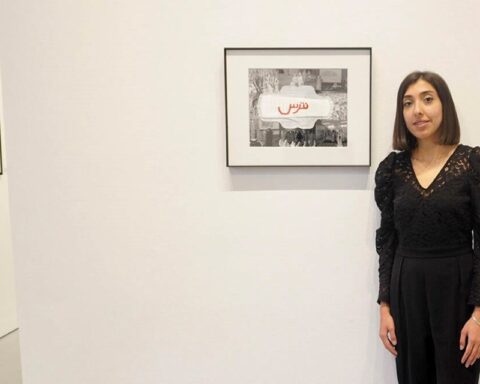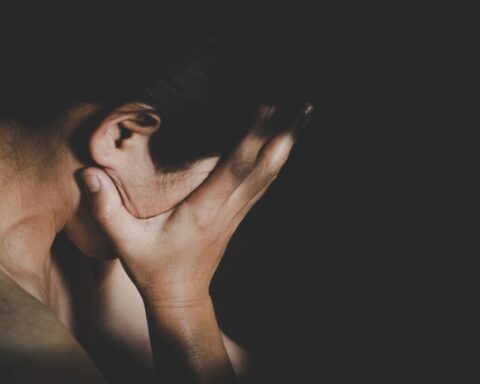Conservative Leader Stephen Harper was not subtle about his use of cultural differences as a trigger for fear during the election campaign. His government pressed its case against a Muslim woman fighting to wear her niqab during her citizenship ceremony — and lost. It unveiled a “barbaric cultural practices” tipline for Canadians to report on their neighbours.
He made a debating point of his position that he’d never tell his daughter to cover her face, a moot point unless she converts to Islam. For Muslim-Canadian women the fact that those tactics backfired in the end is a validation of a particular view of Canada.
For Alia Hogben, the executive director of the Canadian Council of Muslim Women, it shows that Canadians “are rejecting all the divisive and racist and hate mongering that the Conservatives were doing and they’re showing who we really are. It gives me a huge amount of hope.”
Canadians “are rejecting all the divisive and racist and hate mongering that the Conservatives were doing and they’re showing who we really are.”
Hogben said that for almost every single Muslim, Harper’s vocal opposition to Muslim women wearing the niqab at citizenship ceremonies as the case of Zunera Niqab, who had taken the government to court over the issue, made its way successfully through then legal process during the campaign, was a source of anxiety.
“During that period it was nerve wracking, depressing and discouraging,” she said.
Hogben said she was worried about these new values that were being propounded by the Conservatives.
“We couldn’t tell if Canadians would lean that way or not and now it’s a huge amount of relief that its been rejected,” she said.
“We’re not saying one party is any better than another, but we’re hoping that they will learn from what went on during the election and the kind of feelings that aroused for and against a group of people and that they will learn from that and make everybody welcomed back into the family of Canadians rather than dividing us.”
No room for divisive, mean politics
In a powerful speech to a crowded room of cheering supporters in Montreal, prime minister designate Justin Trudeau said a woman wearing a hijab told him she would vote for him because she wants to make sure that her little girl has the right to make her own choices in life.
“Have faith in your fellow citizens my friends, they are kind and generous. They are open minded and optimistic and they know in their heart of hearts that a Canadian is a Canadian is a Canadian,” said Trudeau.
“I think if anything the niqab issue backfired on Stephen Harper and I think that kind of divisive negative nasty politics will not be seen in Canada for a long time.”
Liberal strategist at Crestview Strategy Group, Rob Silver, said there’s no room in Canada for divisive and mean politics.
“I think if anything the niqab issue backfired on Stephen Harper and I think that kind of divisive negative nasty politics will not be seen in Canada for a long time.”
Samer Majzoub, the president of the Canadian Muslim Forum, says by electing Trudeau, Canadians have sent a very strong message to politicians who have campaigned on “hatred and discrimination.”
“They have harvested what they have planted and lost and [were] defeated,” said Majzoub.
“The fact is that Canadians have followed what Canadians believe in — harmony, unity, human rights, that’s why we feel at ease on the subject,” he said.
Published in partnership with iPolitics.ca.




